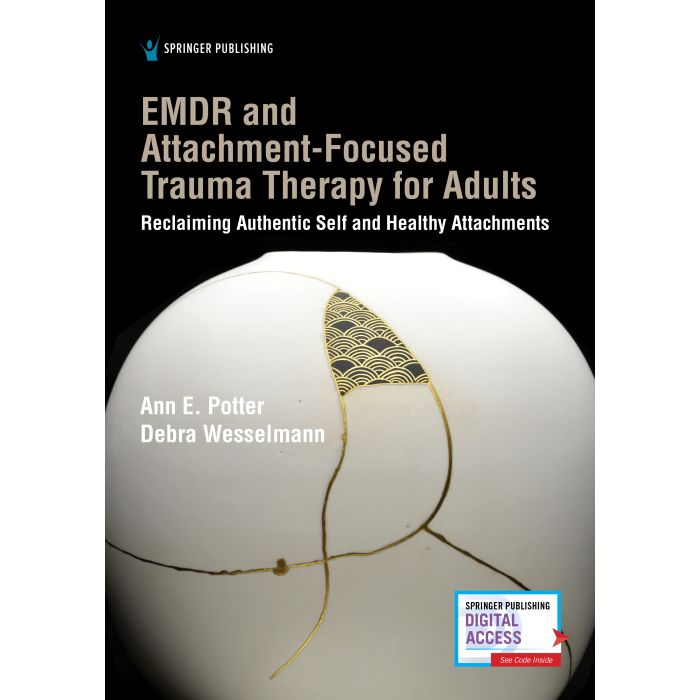Trauma-focused treatments for depression: A systematic review and meta-analysis
This systematic review and meta-analysis evaluated the effectiveness of trauma-focused treatments for individuals with depression.
Article Abstract
“Background: Trauma-focused treatments (TFTs) have demonstrated efficacy at decreasing depressive symptoms in individuals with PTSD. This systematic review and meta-analysis evaluated the effectiveness of TFTs for individuals with depression as their primary concern.
Methods: A systematic search was conducted for RCTs published before October 2019 in Cochrane CENTRAL, Pubmed, EMBASE, PsycInfo, and additional sources. Trials examining the impact of TFTs on participants with depression were included. Trials focusing on individuals with PTSD or another mental health condition were excluded. The primary outcome was the effect size for depression diagnosis or depressive symptoms. Heterogeneity, study quality, and publication bias were also explored.
Results: Eleven RCTs were included (n = 567) with ten of these using EMDR as the TFT and one using imagery rescripting. Analysis suggested these TFTs were effective in reducing depressive symptoms post-treatment with a large effect size [d = 1.17 (95% CI: 0.58~ 1.75)]. Removal of an outlier saw the effect size remain large [d = 0.83 (95% CI: 0.48~ 1.17)], while the heterogeneity decreased (I2 = 66%). Analysis of the 10 studies that used EMDR also showed a large effect [d = 1.30 (95% CI: 0.67~1.91)]. EMDR was superior to non trauma-focused CBT [d = 0.66 (95% CI: 0.31~1.02)] and analysis of EMDR and imagery rescripting studies suggest superiority over inactive control conditions [d = 1.19 (95% CI: 0.53~ 1.86)]. Analysis of follow-up data also supported the use of EMDR with this population [d = 0.71 (95% CI: 1.04~0.38)]. No publication bias was identified.
Conclusions: Current evidence suggests that EMDR can be an effective treatment for depression. There were insufficient RCTs on other trauma-focused interventions to conclude whether TFTs in general were effective for treating depression. Larger studies with robust methodology using EMDR and other trauma-focused interventions are needed to build on these findings.”
—Description from publisher
Article Access
Open Access
Dominguez, S., Matthijssen, S. J. M. A., Lee, C. W. (2021). Trauma-focused treatments for depression. A systematic review and meta-analysis. PLoS ONE, 16(7), e0254778. Open access: https://doi.org/10.1371/journal.pone.0254778
About the Journal
“An inclusive journal community working together to advance science by making all rigorous research accessible without barriers.”
—Description from publisher
Date
July 22, 2021
Creator(s)
Sarah K. Dominguez, Suzy J. M. A. MatthijssenI, Christopher William Lee
Topics
Depression, PTSD
Practice & Methods
Efficacy
Extent
16 pages
Publisher
PLOS One
Rights
© 2021 Dominguez et al. This is an open access article distributed under the terms of the Creative Commons Attribution License, which permits unrestricted use, distribution, and reproduction in any medium, provided the original author and source are credited.
APA Citation
Dominguez, S., Matthijssen, S. J. M. A., Lee, C. W. (2021). Trauma-focused treatments for depression. A systematic review and meta-analysis. PloS ONE, 16(7), e0254778. Open access: https://doi.org/10.1371/journal.pone.0254778
Audience
EMDR Therapists, Other Mental Health Professionals
Language
English
Content Type
Article, Meta-analyses/Systematic Reviews, Peer-Reviewed
Access Type
External Resource, Open Access





